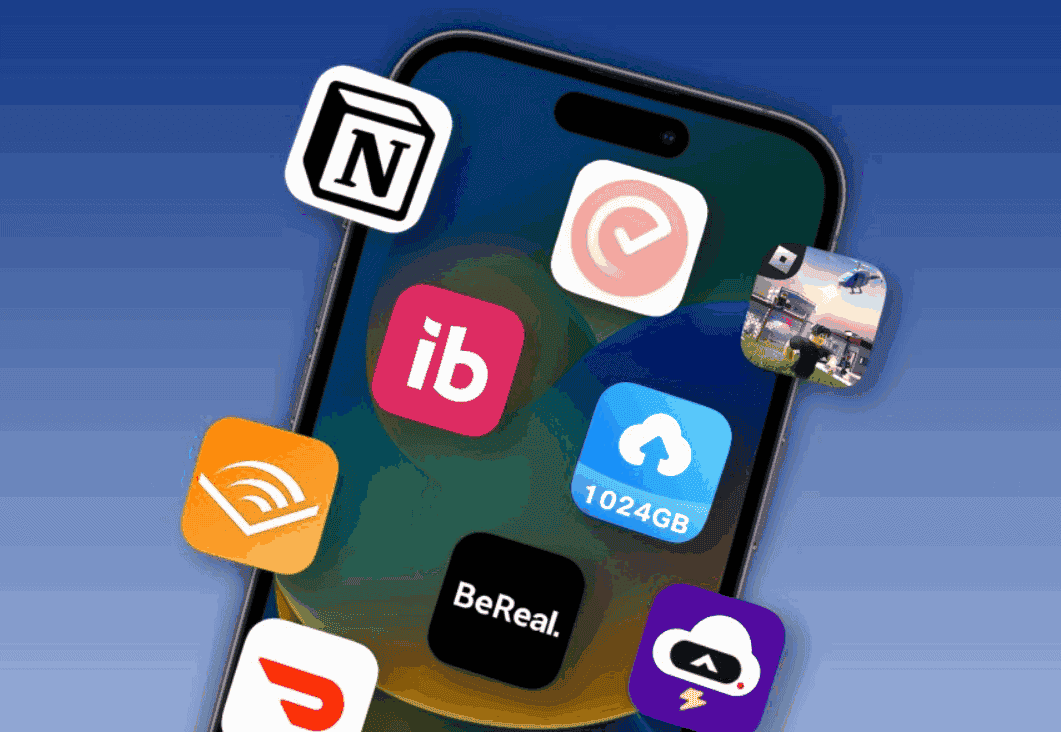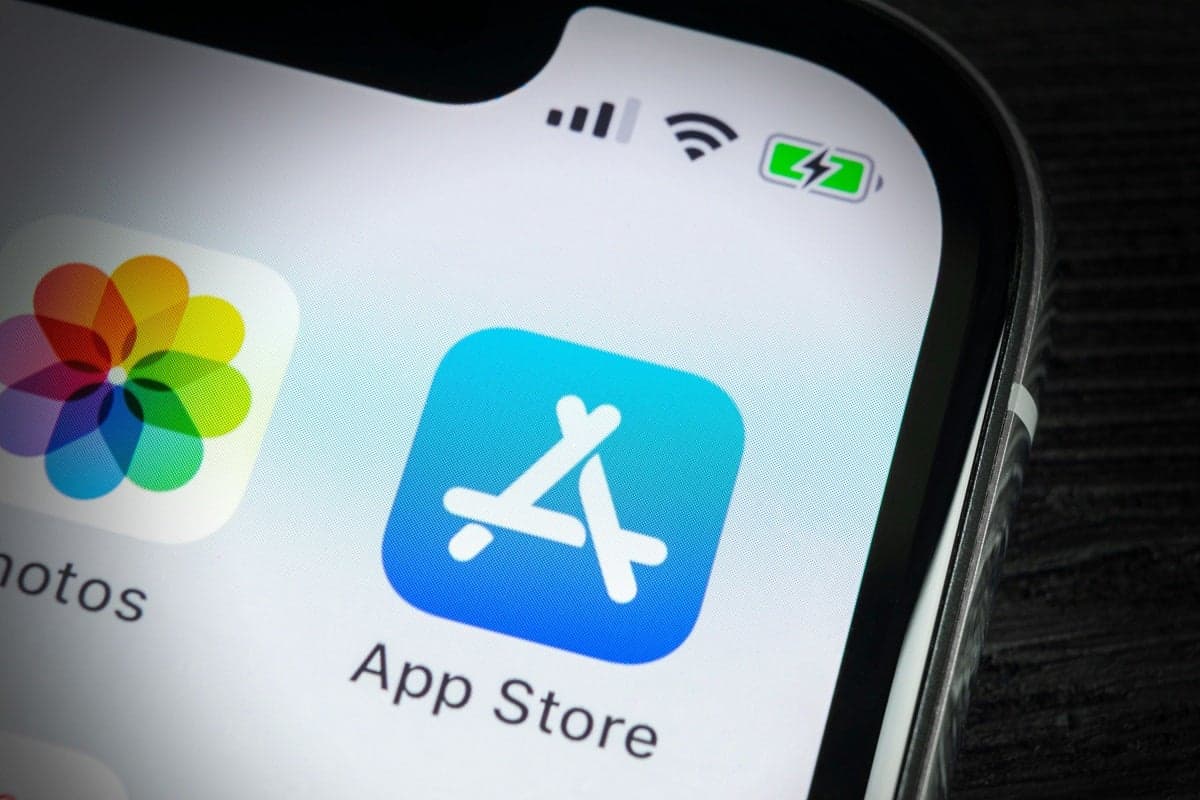The European Union (EU) is set to enforce a substantial alteration in Apple’s iPhone ecosystem through the Digital Markets Act, mandating the opening up of the platform to facilitate the installation of apps from sources beyond the App Store, a practice commonly known as sideloading. Despite Apple’s persistent resistance to this regulatory shift, the EU is unwavering and has set a deadline for compliance by March 7.
EU Sets Deadline for iPhone Users: Sideloading Apps Beyond the App Store

Commissioner Margrethe Vestager, who has been actively involved in advocating for digital market reforms, recently visited the United States. During her visit, she engaged in discussions with representatives from various technology companies, including a meeting with Apple’s CEO, Tim Cook. One of the key points of discussion during these interactions was the EU’s insistence on allowing the installation of third-party apps on the iPhone.
Following the meeting, Commissioner Vestager provided insights into the EU’s stance on the Digital Markets Act in an interview with Bloomberg. She emphasized that companies facing allegations of monopolistic practices must align with the regulatory requirements by March 7. Vestager conveyed a clear message to Apple, stating that the EU would not tolerate legal maneuvers aimed at delaying compliance with the legislation.
This ultimatum means that Apple, a prominent American technology company, must implement a profound transformation in the iPhone and other related devices by the stipulated deadline. The forthcoming iOS 17 is expected to facilitate the installation of apps outside the confines of the App Store. Allowing users to access third-party app stores as well.
iPhone: EU Pushes for Third-Party App Installation
It’s noteworthy that Apple initiated legal efforts in November to contest the characterization of its App Store as a monopolistic entity. The company argues that the EU has erroneously treated its app store as a singular service, disregarding the distinctive App Stores tailored for each device – one for the iPhone, one for the iPad, one for the Mac, one for the Apple TV, and one for the Apple Watch.
Pending a resolution to this legal dispute, the EU has remained resolute in its commitment to enforcing sideloading on the iPhone by March. This indicates a firm stance against any attempts by Apple to defer compliance with the Digital Markets Act.
The EU’s insistence on sideloading aims to foster a more competitive digital market by diminishing the perceived monopolistic control exercised by major technology companies. By allowing users to install apps from sources outside the App Store, the EU seeks to promote a more open and diverse app ecosystem on Apple devices.
As the deadline approaches, industry observers are keenly watching the developments to ascertain whether Apple will indeed implement the required changes by March 7. The outcome of this regulatory battle is anticipated to have broader implications for the tech industry. And the ongoing discourse surrounding competition, consumer choice, and market fairness within the digital landscape.

-
Increased App Choice:
- Sideloading Opportunities: Once implemented, users will have the ability to install apps from sources outside the official App Store. This broadens the spectrum of available applications, providing users with more choices beyond what is currently curated by Apple.
-
Competitive App Ecosystem:
- Diverse App Market: With sideloading, the app ecosystem on iPhones may become more competitive. Developers and app creators will have the opportunity to reach users directly. Fostering innovation and potentially offering alternatives to established apps.
-
Potential for Lower Costs:
- Alternative App Stores: The ability to sideload apps could introduce alternative app stores. It might compete with the App Store and offer different pricing models. This competition could lead to potential cost savings for users. As developers might adjust their pricing strategies to be more competitive.
-
Innovation and Customization:
- Innovative Apps and Features: Sideloading opens the door for developers to create and distribute apps that may not conform to Apple’s strict App Store guidelines. This could result in the availability of innovative apps and features that were previously restricted.
-
Security Concerns:
- Potential Risks: While sideloading offers more flexibility, it also introduces potential security risks. Users may encounter apps from less regulated sources, increasing the likelihood of encountering malicious software. Apple would need to implement robust security measures to mitigate these risks.
-
User Privacy Considerations:
- Privacy Safeguards: As users gain the ability to install apps from various sources, concerns about privacy may arise. Apple may need to bolster privacy safeguards to ensure that apps obtained through sideloading do not compromise user data.
-
Impact on Apple’s Business Model:
- Shift in Revenue Streams: Apple’s strict control over the App Store has been a cornerstone of its business model. Generating significant revenue through app sales and in-app purchases. The enforcement of sideloading could potentially disrupt this model. Leading Apple to explore alternative revenue streams or adjust its approach to app distribution.
-
User Experience Changes:
- Interface and Functionality: The implementation of sideloading might bring changes to the overall user experience. As users navigate a more open app ecosystem. Users may need to adapt to new interfaces and functionalities introduced by third-party apps and app stores.
In summary, the move towards enabling sideloading on iPhones represents a shift towards a more open and competitive app ecosystem. While this change introduces potential benefits such as increased app choices and potential cost savings, it also raises considerations related to security, privacy, and the overall user experience. As the deadline approaches, users will be closely watching how Apple navigates these challenges and adapts to the evolving regulatory landscape.





